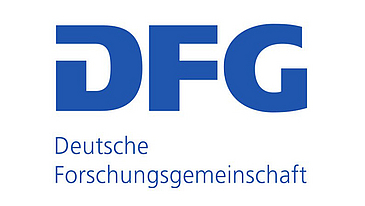This new research project, led by Dr. Philipp Schulz and Dr. Roxani Krystalli (University of St. Andrews) focuses on practices and relations of love and care in the midst and wake of armed conflict. The three year project (2023-2026) is funded by the German Research Foundation (DFG) and the UK Arts and Humanities Research Council (AHRC). The project component at InIIS is lead by Philipp Schulz, focuses on research conducted in Uganda and received funding worth over 370.000 €. The project will commence in June 2023.
More information about the funding initiative:
https://www.dfg.de/foerderung/info_wissenschaft/info_wissenschaft_22_90/index.html
About the project:
Relations and practices of love and care shape how people make sense of and survive experiences of violence. In the midst and wake of armed conflict, people continue to forge intimate relationships, fall in love, and extend different forms of care to one another. Yet, narratives about armed conflict predominantly focus on harms and suffering. This project asks: How can centering love and care change scholarly and policy understandings of conflict and peace? Love and care are active practices, not passive emotions. Through in-depth, qualitative fieldwork in Uganda and Colombia, the project will explore how conflict-affected individuals and communities experience, understand, and practice love and care. The project will also investigate how these practices shape how people make sense of violence and remake worlds in its wake.
Building on scholarly literature on the ethics of care, the anthropology of love, and emotions in world politics, the project will analyze how love and care illuminate different meanings of politics and the political in the context of armed conflict and peacebuilding. Recognizing that love and care also shape researchers' relationships to their identity and subject matter, the project further examines how these practices underpin and sustain the work of scholars of violence.
Theoretically and analytically, a focus on love and care can shift our sense of what peace looks and feels like, where it takes place, who is involved in the making of it, when violence ends and peace begins, and how violence lives on and transforms people's lives. This contribution reflects a feminist approach to violence and peace research, which calls for investigating these subjects in ways that go beyond the formal, official actors and actions associated with political violence and peacebuilding. Ethically and methodologically, this project responds to emerging calls for scholars of violence to move beyond damage-centered research in favor of also meaningfully engaging with the forces and relations that sustain life.

